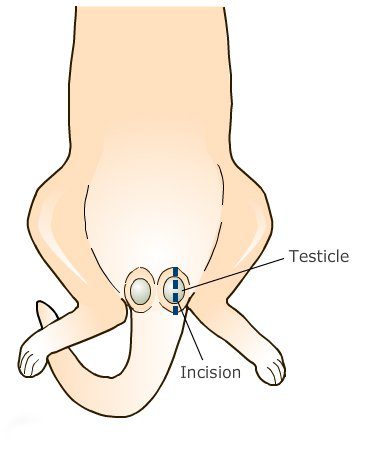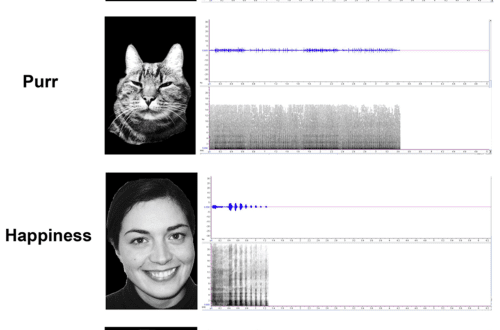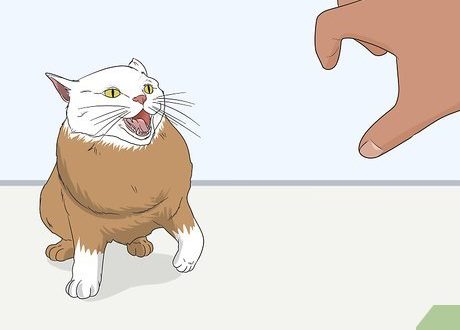
How does castration affect the behavior of cats?

For example, kittens at the age of 6-8 months of castration practically do not notice. They remain as playful and active as before the operation. This age is the best suited for the removal of the testicles, assures Gordeev. According to her, cats subsequently do not have a need to mark the territory and protect it from other animals and people. At the same time, Gordeeva emphasized that the pet’s excessive aggressiveness rather speaks not about the work of the gonads, but about chronic stress.

Castration of a cat over the age of 15 months in some cases may seem useless to the owner, since the habit of marking the territory may remain with the animal even after the operation. The thing is that male hormones are produced not by the testicles that can be removed, but by the adrenal glands. The substance continues to enter the pet’s blood in a meager amount, which, however, is enough to fix the habit for life.
Finally, castration does not always affect the character of the cat, adds the veterinarian. According to her, modern pets are primarily personalities. Therefore, if an animal has developed some habit — for example, dislike of sitting on hands, — then even after the operation you should not hope that the cat will change himself.
April 17 2020
Updated: 29 May 2020





